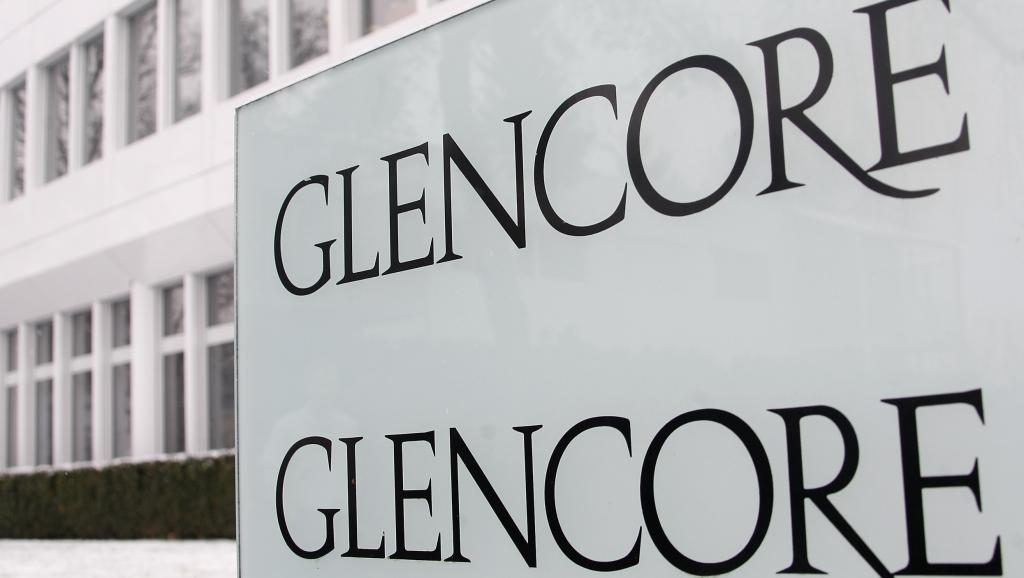Ex-Glencore trader plots return but says compliance is a turnoff

A former Glencore Plc copper trader is planning a return to the industry – but not to physical trading of metals, which he criticizes as having become “controlled by compliance, by accountants and by lawyers.”
Sebastien Le Page, who worked at Glencore for 18 years before retiring in 2015, said in an interview that the current state of the copper market had piqued his interest.
“I have a feeling after these 10 years that the copper market is getting hot again, and so that’s why I’m thinking it’s time to come back in it,” he said.
Working with Peter Kalkandis, Glencore’s former head of base metals in Australia, Le Page hopes to advise industrial buyers, funds and mining investors on how to acquire copper and copper mines.
They are the latest to seek to capitalize on the growing interest in copper, amid predictions of a future shortage driven by demand from the energy transition together with underinvestment in new mines. Investor enthusiasm for the metal drove copper to record highs of $11,104.50 a ton earlier this year, before a sharp reversal.
Since leaving Glencore, Le Page has invested in restaurants and bars around his home in Switzerland, as well as Zurich’s polo club, a whisky distillery in Scotland and vineyards in France.
He said that working in physical trading houses like Glencore had become “less fun” since his heyday.
“The trading community has changed too much. It has become controlled by — and now I’m going to say something that maybe some people are not going to be happy with — but it’s controlled by compliance, by accountants and by lawyers.”
In the years since Le Page left the company, Glencore became a target of numerous investigations into historical wrongdoing, and in 2022 admitted paying bribes to win business in eight different countries. The company’s compliance team has grown 11-fold since 2016, according to its ethics and compliance report.
“I have never broken any law, but the important thing was to find solutions to make a profit,” Le Page said. “Today, it seems like they’re more interested in compliance and accounting rather than profit itself.”
Glencore declined to comment.
The company’s sprawling trading business has still seen core profits soar at the same time that the compliance scrutiny has been growing, hitting a record $6.4 billion in 2022. While earnings from the unit pulled back last year to $3.5 billion as commodity price volatility eased, the result was still 23% higher than in 2016.
Le Page said that “for sure” there was a shortage coming in copper due to a lack of investment in new mines, though he cautioned that his planned return to the industry was not a bet on prices rising.
“There’s more people who want to get involved in copper than people who know how copper works,” he said. “There’s a few people I hear about that are going back to the industry because they feel that there’s a need and, us traders, when there’s a shortage, we always jump in.”
(By Jack Farchy)
More News
{{ commodity.name }}
{{ post.title }}
{{ post.date }}




Comments